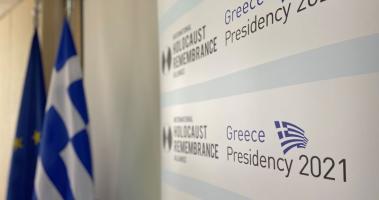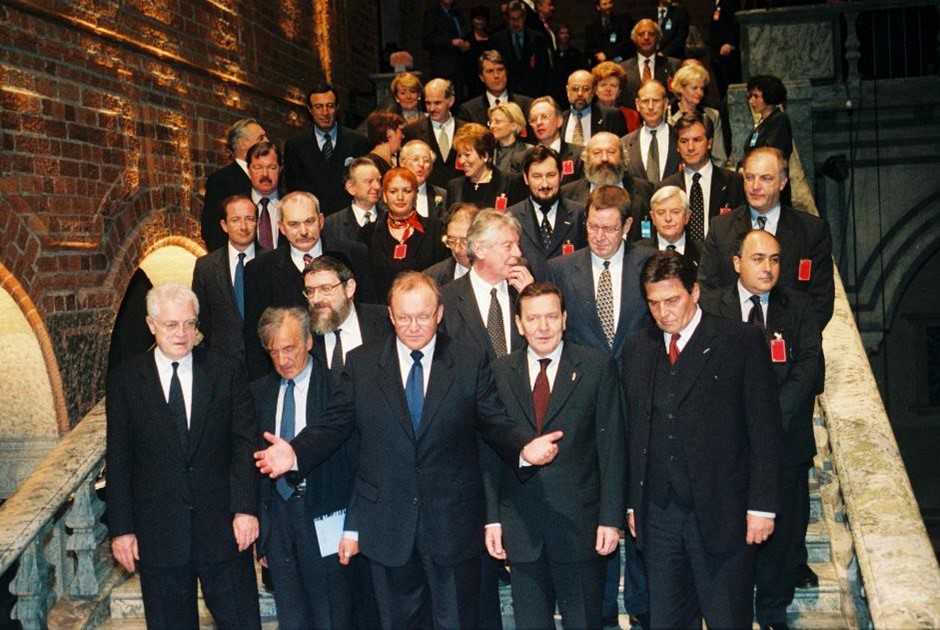Greece and Greek Israelites, in particular, were among the hardest hit by the Nazi onslaught in Europe during World War II. The Holocaust and the appalling loss of life and suffering it entailed still haunt the Greeks’ collective memory to this day; to remember what was done and so that it should never be repeated, Greece has instituted special scholastic programmes, to teach the Holocaust to the younger generations. These have proved among the most successful in Europe, so that Greece is now drawing on this experience to prepare for her own Presidency of the IHRA for 2021-2022. Greece sees the Holocaust experience under a dynamic angle, as a warning and a lesson for the present and the future. Thus, she considers education to be a primary weapon in the fight against Holocaust denial and distortion, and even, as a means of self-defence for Democracies, against any resurgence of forces and self- professed “ideologies” seeking to undermine and attack our common human and moral values and, eventually, our freedom.
Ambassador Chris J. Lazaris







